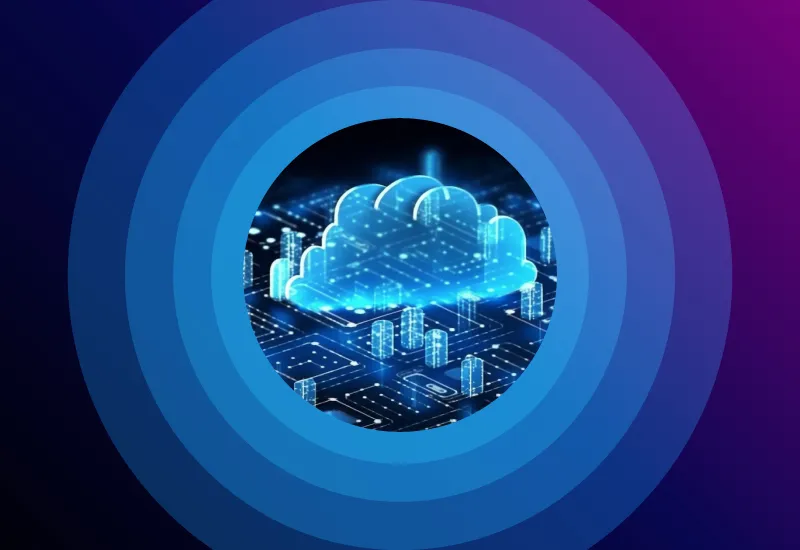By Brittany Bodane, Product Marketing Manager, AppOmni
Organizations worldwide rely on hundreds of SaaS applications to drive productivity and efficiency. With SaaS’ growth and sprawl, managing the security and operational intricacies of these applications is no small feat. Each application has its own format and language, making analysis complex and time-consuming, increasing the amount of time between a security incident and response. By leveraging Splunk and AppOmni, your organization can enhance your SaaS security strategies, streamline operations, and extract meaningful insights from the vast sea of data.
Splunk: Illuminating Insights with Data Visualization and Machine Learning
At the core of Splunk’s capabilities lies its ability to transform large datasets into actionable insights. The platform excels in analyzing machine-generated data, offering real-time insights for troubleshooting, security threat detection, infrastructure optimization, and business intelligence. With Splunk’s machine learning toolkit, organizations can elevate their analytics game by applying statistical analysis to discern normal operations and receive prompt alerts when deviations occur.
AppOmni: Bridging the Gap in SaaS Security
Enter AppOmni, a game-changer in the realm of SaaS data management. This tool addresses the challenge posed by diverse logging mechanisms across SaaS platforms. AppOmni takes audit logs from various SaaS platforms and normalizes them into a common schema known as ACEs (AppOmni Common Events).
This standardization allows seamless ingestion of SaaS data into Splunk, eliminating the need for laborious custom configurations for each service type.
Enhancing Visibility and Context with AppOmni
AppOmni goes beyond data normalization. It acts as a sentinel by running through sophisticated detection rules and enriching the data before it reaches Splunk. By adding contextual information to events, AppOmni not only streamlines the data but also elevates the relevance of alerts by providing a deeper understanding of events within the vast sea of logs.
Benefits of the Splunk and AppOmni Integration
- Comprehensive Security Posture: The integration of Splunk and AppOmni provides unparalleled visibility into the security and operational aspects of SaaS applications. This comprehensive view allows organizations to proactively identify and address potential threats.
- Operational Efficiency: Splunk’s data visualization tools, fueled by AppOmni’s normalized and enriched data, empower organizations to make informed decisions quickly. This streamlined approach enhances day-to-day operations, making them more efficient and responsive.
- Proactive Anomaly Detection: The combination of Splunk’s machine learning capabilities and AppOmni’s data enrichment results in a proactive approach to anomaly detection. Organizations can promptly identify deviations from normal operations, minimizing the impact of security threats and operational issues.
- Simplified Compliance Management: For organizations navigating complex compliance requirements, the unified solution simplifies the process. By centralizing and enriching SaaS audit logs, regulatory compliance becomes more manageable and transparent.
With digital landscapes expanding at an unprecedented rate, the need for an integrated solution for security and operational intelligence is paramount. Together, Splunk and AppOmni, offer a comprehensive approach to SaaS data management. This partnership not only simplifies the complexities of data aggregation and normalization but also empowers organizations to extract meaningful insights, detect anomalies, and fortify their digital ecosystems against evolving threats. Together, they pave the way for a secure and operationally efficient future.

What is SSPM?
SaaS applications need a virtual command room where security teams can manage their complex SaaS estate securely and holistically. Learn what makes a robust SaaS Security Posture Management (SSPM) solution and its key capabilities.
Related Resources
-

Breadth vs. Depth in SaaS Security
Learn the difference between breadth vs depth in SaaS security and why AppOmni’s depth-first approach can help organizations achieve both breadth and depth in their security strategies.
-

Better SaaS Security with AppOmni and Okta Identity Engine
Discover how AppOmni enhances the Okta Identity Engine (OIE) to provide your organization with robust SaaS security, featuring dynamic authorization and precise access control.
-

How To Protect Legal SaaS Data: What Law Firms Need to Know
Read about why the legal sector experiences frequent SaaS breaches and how law firms can benefit from securing their SaaS environment with the help of AppOmni.